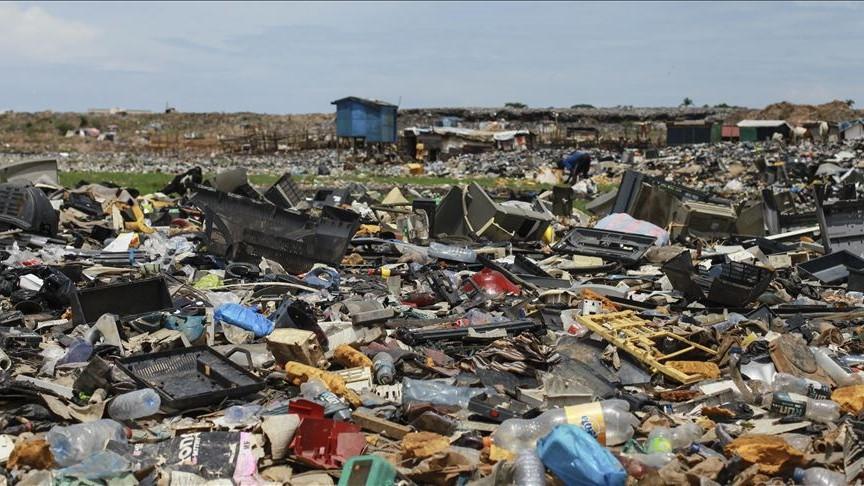‘Türkiye recycles only 10 pct of e-waste’
ANKARA

Türkiye ranks 17th among the world’s largest producers of electronic waste, yet it struggles with low e-waste recycling rates of only 10 percent, according to a sector representative.
This shortfall results in an economic loss of 1 billion euros annually from the 700,000 tons of e-waste generated each year, said Ali Rıza Öner, head of a waste-to-energy association.
“One kilogram of iron requires the processing of 200 kilograms of rock, yet just 2 kilograms of electronic waste need processing to get the same amount of iron,” he explained, stressing that integrating electronic waste into the country’s economy plays a vital role in this sense.
Approximately 37 percent of e-waste in Türkiye originates from small household devices like toasters and vacuum cleaners, 20 percent from major household goods, 17 percent from heaters, 15 percent from laptops, computers and notebooks and 9 percent from mobile phones, while lighting products make up 2 percent of the total, according to Öner.
‘Abandoned technological waste poses risk’
Öner elucidated the peril posed by the “digital graveyard” comprising of abandoned electronic waste, addressing technological devices that are discarded also carrying risks regarding cyber security, which became apparent with Israel's latest attacks in Lebanon.
He further emphasized that discarding electronic devices carelessly could result in sensitive or private data ending up in the hands of malevolent individuals. This substantially stems from the customers lacking the expertise and accessibility to safely erase all data in worn-out electronic devices, according to Öner.
Hazardous metals in electronic devices can leak when improperly disposed of, posing risks to both the environment and public health, he added.
He stressed the importance of delivering both large and small household appliances that are no longer functional to municipality-approved organizations or designated collection points operated by licensed businesses. Additionally, he recommended labeling devices sold to refurbishers as the best course of action.
















